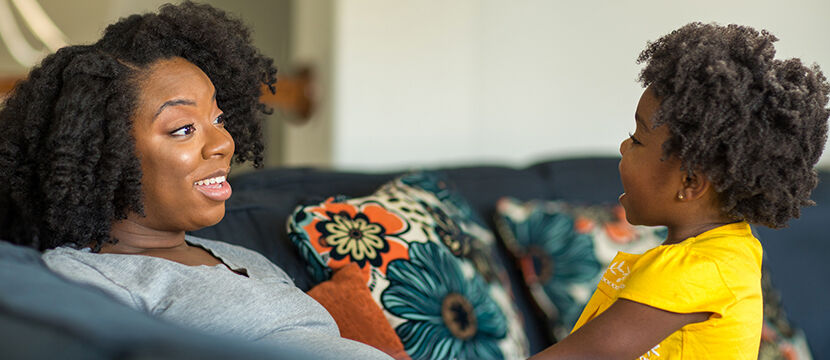This project is designed to explore the links between three topical issues within the fields of education and public health, namely social class inequalities, play and health and wellbeing.
Researcher
- Hannah Malpass (supervised by Carolyn Blackburn and Kate Thomson)
Research background
This project has been undertaken as part of Hannah's PhD in Education at BCU. She is being internally funded as a Graduate Research and Teaching Assistant (GRTA) whilst completing this project. Her professional background is in primary education, with a specialism in Early Years and she has previously completed her BA Hons in Primary Education with QTS and her MA Education at BCU.
This project is designed to explore the links between three topical issues within the fields of education and public health, namely social class inequalities, play and health and wellbeing. The project focuses specifically on young children (aged birth to five).
Children’s health and wellbeing is a key issue which currently features heavily in government agendas and research conducted by mental health charities (Barnardo’s, 2019; The Children’s Society, 2019) both in the UK and worldwide.
Research by The United Nations Educational, Scientific and Cultural Organisation (UNESCO) (2017) reports that 263 million children worldwide are out of school and that they face considerably greater wellbeing challenges than their peers who are in full time education. This suggests that education can have a positive influence upon children’s health and wellbeing as well as their intellectual development.
The decision to focus this project on the Early Years was influenced by the idea that there is increasing evidence that health inequalities that begin in the early years have a detrimental effect upon children’s long-term attainment and wellbeing and that children with health inequalities are more likely to become adults with similar problems (Marmot, 2010; Marmot et al., 2020).
Research aims
This research aims to employ the theories of Sen, Bourdieu and Bronfenbrenner to explore the complex relationships between social class inequality, health and wellbeing and play in children birth to five through the lens of parents, practitioners and trainee practitioners.
Research questions include:
- How do social class inequalities in society shape the experiences and views of practitioners, trainees and parents?
- How do parents and practitioners perceive the way in which children aged birth to five are affected by the relationship between social class inequality, play and wellbeing?
- How can the theories of Amartya Sen, Pierre Bourdieu and Urie Bronfenbrenner be utilised to explain the relationship between social class inequality, children’s wellbeing and play in the Early Years?
How will the research be carried out?
All data collection will take place online due to Covid-19 restrictions.
Online surveys for parents, practitioners and trainees will be used to capture ideas from a specific set of questions which will help to engage participants who would not necessarily wish to be interviewed.
This will also generate ideas from a wider set of participants than it would be possible to interview and therefore will help to establish diversity in the data set.
Three individual settings have been recruited from across the West Midlands and these settings are participating through a mixture of survey responses and interviews with parents and practitioners. It is hoped that these settings will be analysed as small case studies within the wider project.
In these settings episodic interviews will be used to capture the thoughts, feelings and ideas of individuals but to also allow participants to contextualise their answers with specific examples of their own experiences which will help to create a narrative around the topic.
Students in their second or third year of the BA Primary Education with QTS or BA Early Childhood Studies courses at BCU will also be invited to participate in an online survey and subsequently an online focus group should they choose to.
In addition to this online surveys for practitioners and parents will be shared more widely through a range of promotional methods including Twitter, professional webpages and publications and professional contacts. These will be open for any parent or practitioner to complete, regardless of who they are or what setting they are linked to.

